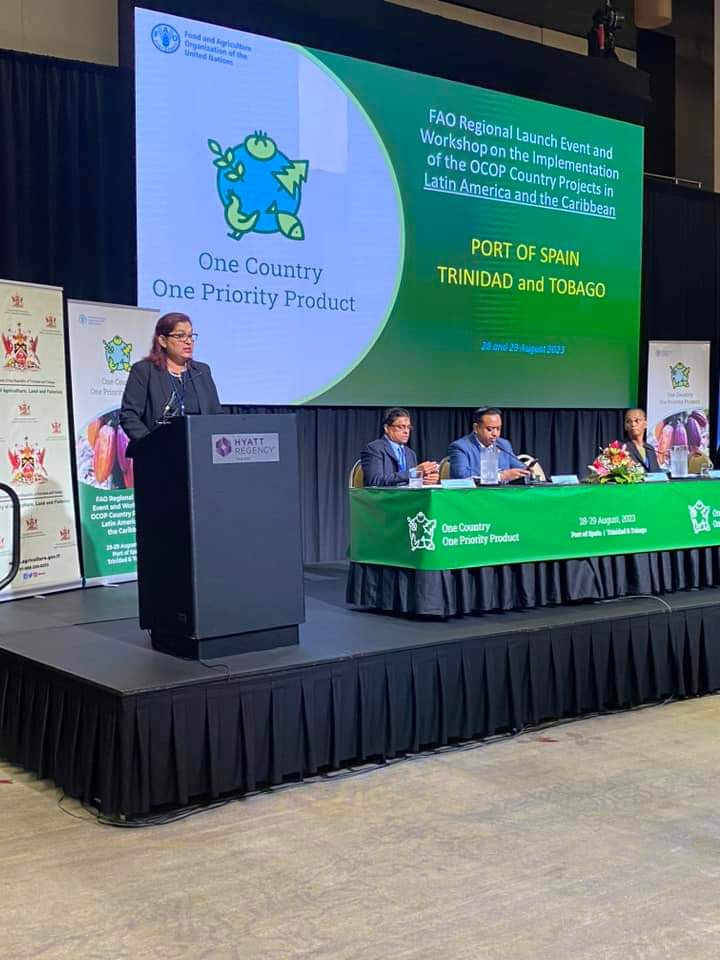Trinidad and Tobago to promote cocoa in UN project

Trinidad and Tobago will now be able to revitalise its cocoa industry with the launch of the Food and Agriculture Organisation of the UN's (FAO) One Country One Priority (OCOP) product on Monday at Hyatt Regency, Port of Spain.
TT will represent Latin America and the Caribbean in promoting cocoa in this two-day workshop.
OCOP – started in September 2021 – was created to address the current and recurring issues of hunger, food insecurity and malnutrition as well as to contribute to the development of small farms among other strategic objectives. As of January, 14 countries have expressed interest in joining OCOP to promote 11 agricultural products.
The countries already taking part are: Malawi, representing Africa in promoting banana; Bangladesh, representing Asia and Pacific in promoting jack fruit; Uzbekistan, representing Europe and Central Asia in promoting sweet cherry; TT, representing Latin America and the Caribbean in promoting cocoa; and Egypt, representing near East and North Africa promoting date palm.
Within this framework, the sustainable value chain of each agricultural product can be essential in the drive for food security and reduced hunger and malnutrition rates, with more effective use of underutilised resources and supporting small farmers and economic growth while protecting the environment and biodiversity.
Speaking on behalf of Agriculture, Land and Fisheries Minister Kazim Hosein and minister in the ministry Avinash Singh, acting permanent secretary Coomarie Goolabsingh said the ministry continues to support the rehabilitation of estates and new plants.
"Cocoa plants are provided to the planting population at the highly subsidised cost of $2.50. Over the last five years, the agricultural services division has contributed 230,370 cocoa plants to the cocoa farming community."
Director of the Cocoa Research Centre Prof Pathmanathan Umaharan said with proper funding, TT can produce cocoa to the extent it did in the past.
He said TT right now has 4,000 hectares dedicated to cocoa, but 12,000 hectares are needed.
Umaharan added that with the help of the European Union and its science and technology fund, an international fine cocoa innovation centre can be created.
"We have now established the commercial chocolate factory that can produce 200 types of chocolates from our final delivery."


Comments
"Trinidad and Tobago to promote cocoa in UN project"